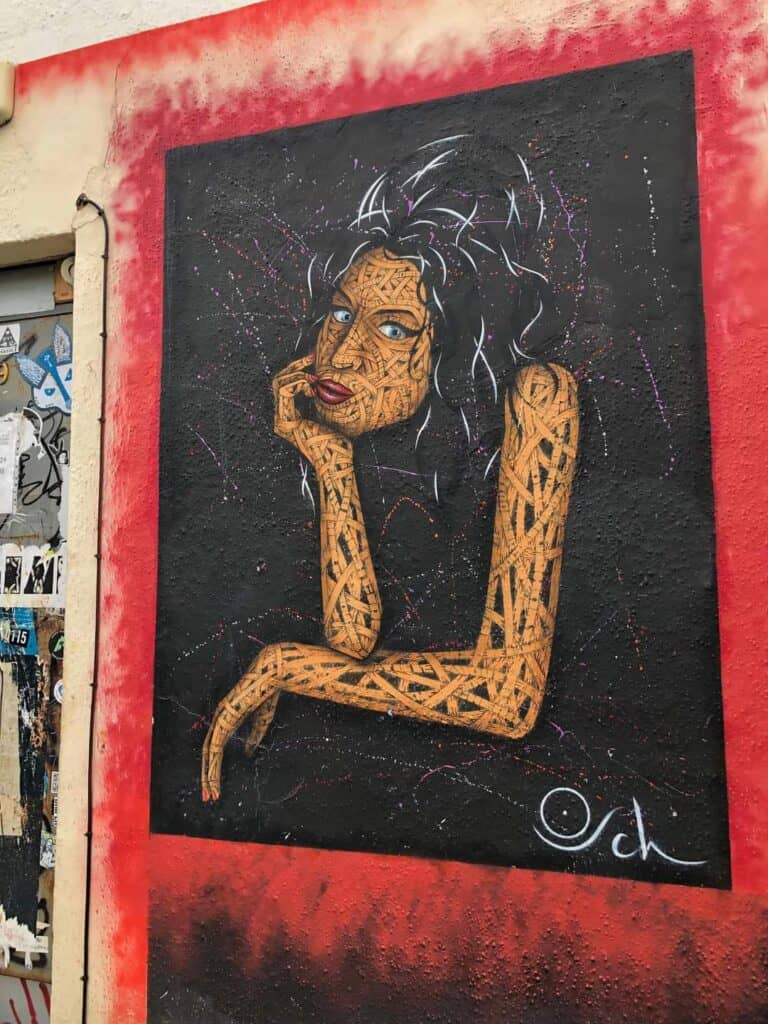Amy Winehouse: The Star
On July 23rd 2011, one of the UK’s most polarising artists succumbed to the lingering shadow of addiction. Amy Winehouse was just 27 years old when she left the spotlight, however all these years later, her records still resonate with listeners around the globe. The six time GRAMMY award winner achieved icon status with just two records, ‘Frank’ and ‘Back To Black’, famously sporting an iconic beehive hairdo and possessing unearthly vocal talent that could pierce even the coldest of hearts.
After a gruelling and at times vicious relationship with the paparazzi, who were practically living outside the singer’s house, the nation was often presented with a negative perspective of the singer. American rapper Nas reflected on Amy’s hounding by the media when talking to Anthony Decurtis in 2013 stating “she told me about paparazzi posed as house repair people coming in the house and trying to steal stuff”. With the constant invasion of privacy, it’s unsurprising that Winehouse would react with malice towards the press, who always managed to portray her as a problem.
Who was Amy?
What many documentaries and biopics fail to highlight is the star’s humane side, Amy is almost always depicted as a victim, a victim of toxic love, a victim of fame – perhaps at times she was. However no singular human is a one dimensional entity and a depressive-creative like Winehouse was the furthest thing from it. Early tapes of the singer’s career highlight the musician’s incredibly sharp wit, a down to earth Jewish girl who only had aspirations to have her voice be heard. In fact, after the release of her debut album Frank, Winehouse spoke to Heat about her greatest fear in life. “My greatest fear is probably dying with no one knowing of any contribution I’ve ever made to creative music.”
Her favourite wrestler was Rob Van Dam
The difference between Amy and many artists of the newer generation is that she didn’t really care for fame and certainly didn’t expect it. The documentary ‘Amy’ by the BAFTA award winning Asif Kapadia revealed previously unreleased footage of the musician stating “I don’t think I’m going to be at all famous. I don’t think I could handle it.” Perhaps it’s time we stop discussing the talent as a public figure and more about her as a human. Some lesser known facts about Winehouse include her love of hip-hop and R&B music, her adoration for hot sauce with food and that she even had an interest in wrestling, with her favourite wrestler being Rob Van Dam.

Amy was perhaps most content when with her paternal grandmother Cynthia Levy, also formerly a jazz singer who had a relationship with saxophonist Ronnie Scott. Cynthia had met the likes of Ella Fitzgerald and Tony Bennett, the latter of whom Winehouse idolised and was able to duet with on ‘Body and Soul’ at Abbey Road Studios, shortly before her untimely death in 2011. In fact, it’s often noted that when Amy won Record of the Year for ‘Rehab’ in 2007, she was more overwhelmed by presenter Tony Bennett reading her name than the award itself! It’s sometimes overlooked that Amy’s immersion in hard drugs coincided with the death of her grandmother and whilst it’s imperative we recognise the other factors (and people) that contributed to her struggles, we should acknowledge the toll losing a loved one takes on a person and for Amy, it was undeniably devastating.
Camden and Amy
If you visit Camden Town today, you cannot escape Amy Winehouse (who would want to?), it was the place the singer felt the most content. In 2005, Amy met Blake Fielder-Civil at The Good Mixer in Camden, embarking on an intense and turbulent relationship that heavily inspired her hit album ‘Back To Black’. New biopic ‘Back to Black’ starring Marisa Abela, gives Blake credit for introducing the songstress to 60s girl-group the Shangri Las, a massive influence on her final body of work, however it is widely agreed that this is probably untrue.
Winehouse was incredibly attracted to the drama and atmosphere that the Shangri-Las were able to master in their art and she recalled her love for them in a 2006 interview, the first time her tortured romance with Blake ended. “They wrote the most depressing song ever: I Can Never Go Home Anymore. When me and my boyfriend finished, I used to listen to that song on repeat, just sitting on my kitchen floor with a bottle of Jack Daniel’s. I’d pass out, wake up and do it again. My flatmate used to come in, leave bags of KFC and just leave. She’d be like: there’s your dinner, I’m going out. It’s the saddest song in the world.”

“‘All my friends call me ‘Mum'”
To Amy, singing on stage was the most natural thing in the world, it was like breathing and she herself would proclaim this. However, it’s hard not to wonder how much that persona conflicted with her personality when she longed to be introverted at times, Amy was a natural in jazz bars and smaller venues where the setting was intimate and collaborative, which is a world apart from the mammoth festivals she would later be headlining like Rock in Rio in 2008, with tens of thousands of people, which is an entirely different experience.
One of the qualms about crafting a record like Back To Black, which focuses on such dark subject matter, is that the artist then has to perform that material for the entire promotional tour of the album, which in itself is emotionally exhaustive before you even take into account the external factors that were weighing heavily on Amy’s mind during that period.
Despite the tabloid infatuation with her flaws, Winehouse was always insistent that in her personal life, she was a good hostess for her inner circle. Talking to MTV in 2007, she explained “All my friends call me Mum! I know I look like a trainwreck but I’m actually a really domesticated person. My idea of a perfect night is to just get 15 of my mates over and cook them dinner to be honest, it’s not very rock and roll.”
On Reflection
Whilst it’s vital to reflect on the way the media exploited Amy’s battle with addiction to prevent it happening with other artists, we must not forget who Amy Winehouse was at the core of her being. She was thoughtful, creative, honest and sharp. Even on her worst days she could out-sing 99% of the industry and more importantly, she could command an audience to feel her soul oozing out through every raspy vocal run.
Amy Winehouse was the 21st century’s answer to the absence of blues and jazz in modern music, elevated with her own unique London twang and a truly fierce style that will never truly be replicated.







